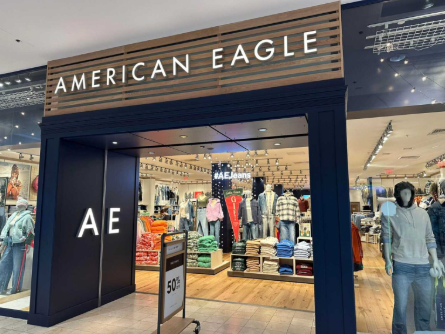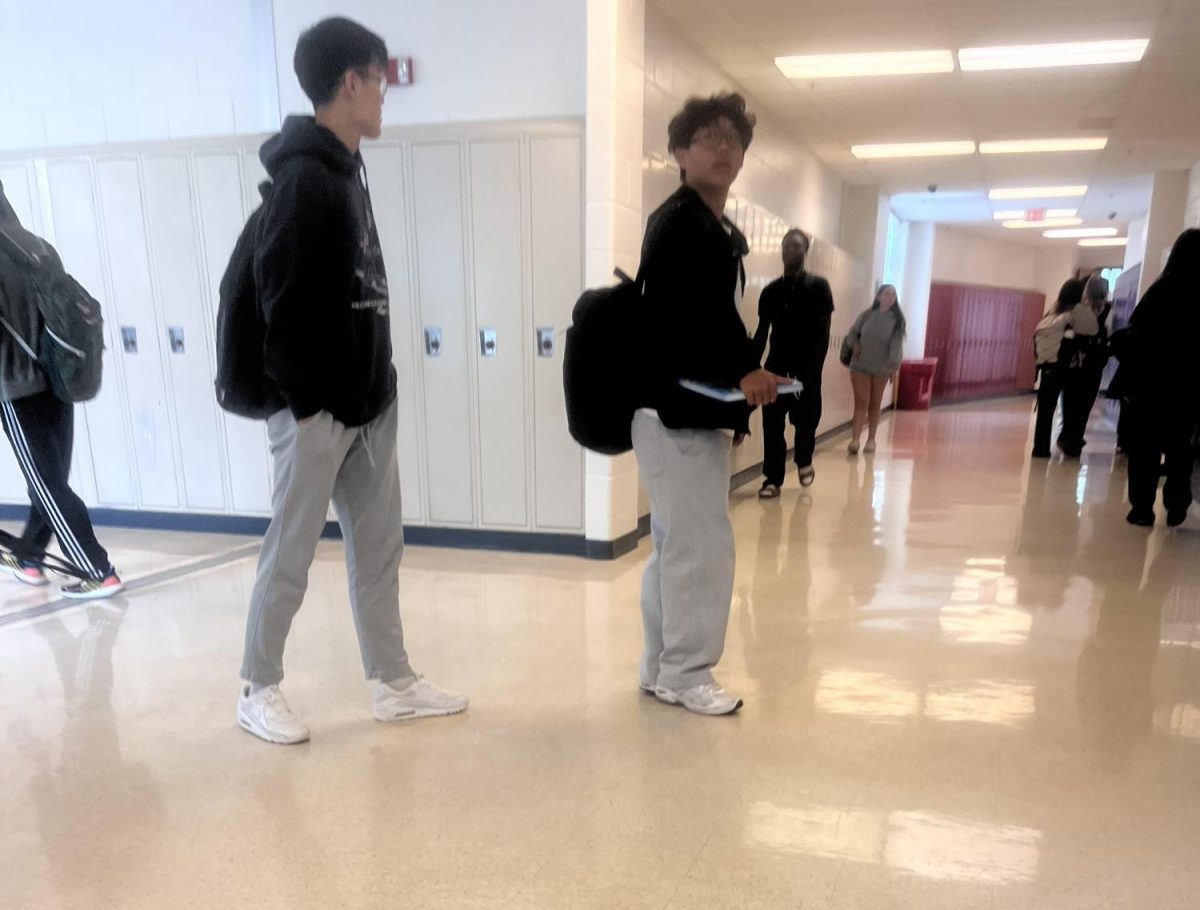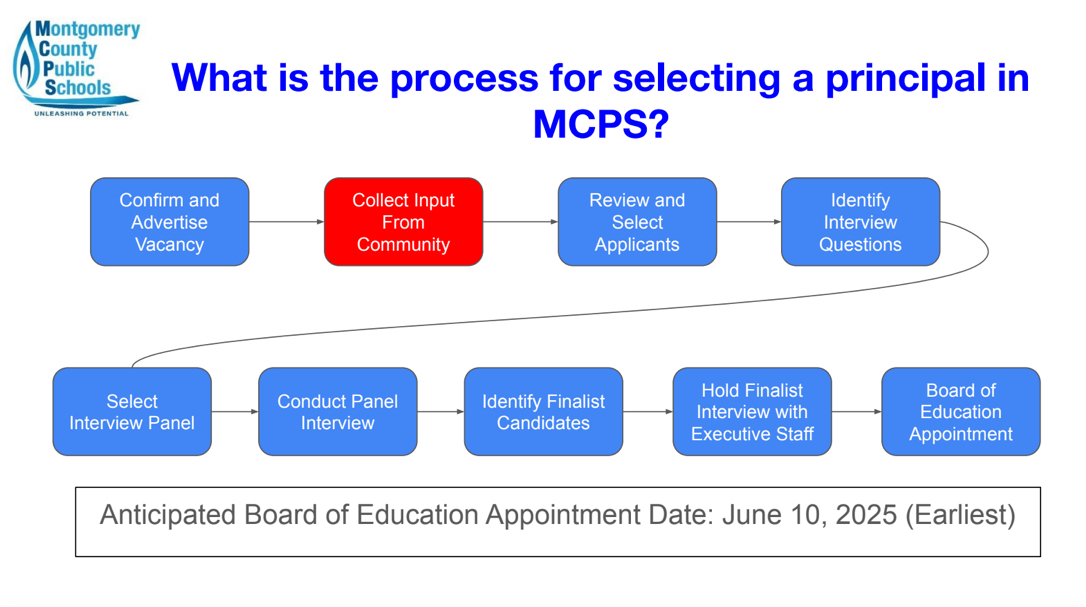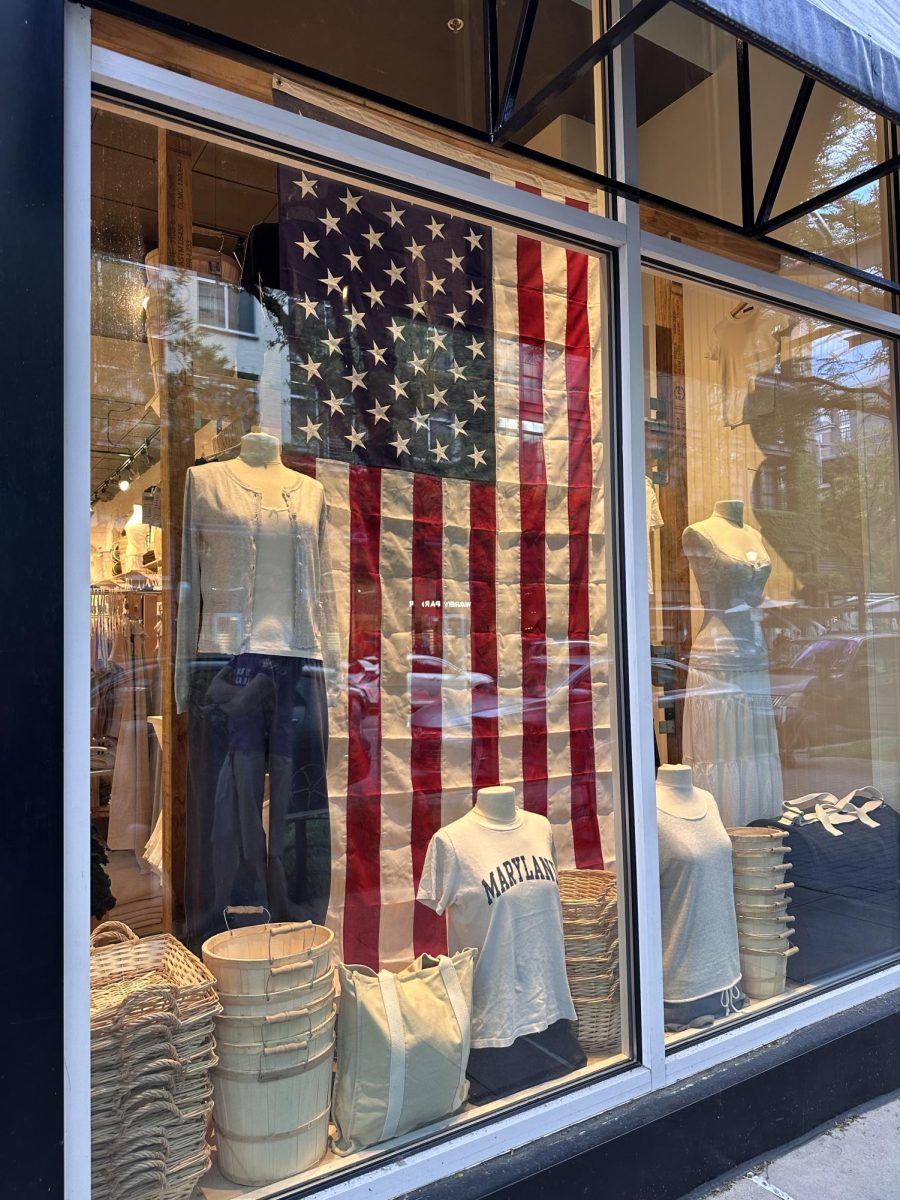Net neutrality is the principle that all internet service providers treat data on the internet the same, regardless of website, platform or application. Net neutrality is the principle that states that your internet service provider should not be able to control what you do or access on the internet.
In 2010, the Federal Communications Commission (FCC) approved net neutrality rules that would prevent cable and internet server providers from slowing down online services. The rules were passed by a 3-2 vote, one that was along party lines. The three rules passed in 2010 include the following: internet service providers can not interfere with or block web traffic, outlaw unreasonable discrimination toward internet services and force the internet providers to be transparent about how they handle web traffic. It was not until 2015 that there were explicit legal protections requiring net neutrality.
The rules were set into motion after tech-giants like Comcast were secretly “throttling” uploads from peer to peer applications. Users suddenly had to pay extra to be guaranteed fast-speed internet service. Comcast did not relent slowing down their services until the FCC ordered them to stop. The rules were passed in order to assure that customers would not have to suffer increased fees, slower services or be denied from certain content on the internet.
In Jan. 2014, Verizon Wireless sued the FCC and the D.C. District Court struck down the FCC’s net neutrality rules, stating that their open internet rules were built on an unstable legal foundation. Having an open decision, in May 2014, then-chairman of the FCC Tom Wheeler proposed that net neutrality laws be put into place.
The FCC opened up to the public to receive feedback on the issue and received a record-breaking four million responses. The majority of the responses wished to reclassify broadband as a Title II communications service. By doing so, the FCC remained in line with the D.C. District Court’s decision. President Obama endorsed the FCC’s Title II plan. On Feb. 26 2015, the FCC passed the strongest net neutrality laws in history. While many internet service providers attempted to sue the FCC, the D.C. District Court upheld the FCC’s laws, defending the open internet. In May 2017, the D.C. District Court refused to hear petitions to reconsider their decision.
The Obama-era regulation was questioned about being repealed this past fall, where chairman of the FCC Ajit Pai announced that the repeal of net neutrality would be put to a vote on Dec. 14.
The public outcry was even greater than it was in 2015. People were in anguish in response to the news and the announcement struck outrage on social media, especially where it took to storm on Twitter. Accounts throughout the social media service were pleading to their followers to text “RESIST” to 50409. The hashtags, #netneutrality and #savenetneutrality were trending for weeks and caused many people to contact their representatives to voice their opinions on the supposed repeal.
“I basically spent whole weekends texting ‘RESIST’ to that number,” senior Zack Lechner said. “I would feel awful if my parents had to pay extra for our data plan because net neutrality was repealed.”
However, the FCC voted 3-2 along party lines to repeal net neutrality. FCC Chairman Pai, alongside Commissioners Brendan Carr and Michael O’Rielly, were the majority vote. They ignored the public outcry and chose to repeal net neutrality. In defense of his decision, Pai stated that the deregulation of the internet will expose consumers to a wider variety of service options by their broadband provider. Pai also claims that broadband companies will have more incentive to provide services to underserved areas.
“It’s really a shame that the FCC commissioners voted against net neutrality even though so many people spoke up about it,” junior Gelila Yimam said.
The commissioners who voted in accordance with Pai are proud of their actions and do not regret how they voted. In an interview with The Washington Post, Commissioner Carr stated that it was a “great day” and that he is “proud to end this two-year experiment with heavy-handed regulation.”
The two FCC Commissioners who voted against the repeal, Mignon Clyburn and Jessica Rosenworcel are outraged by the outcome of the vote. In an interview with The Washington Post, Commissioner Clyburn stated, “I dissent, because I am among the millions outraged, outraged, because the F.C.C. pulls its own teeth, abdicating responsibility to protect the nation’s broadband consumers.”
Since the December vote, the FCC has been editing and revising their final net neutrality order. Interest groups want to sue, but have to wait until they see what they’re up against. Of the companies that are threatening to sue, some of the most prominent include The Internet Agency, Facebook, Google, Public Knowledge and the National Hispanic Media Coalition. Once the FCC releases their repeal to the Federal Register, it will be put into effect after 60 days.
Technology teacher Kevin O’Neill hopes that “it will take a little while for everything to fall into place and that it is not an immediate change.” He continues, saying, “Obviously, I’m not in favor of internet service providers being able to charge more for specific content. While I don’t think it will affect my day to day routine, I think that the internet has been working well and I don’t see any reason to change it.”
What does the repeal of net neutrality mean? It is unclear how the deregulation will affect consumers. Companies have promised that they will not be raising prices anytime soon, but no one is able to predict what will actually happen. Internet service providers will also start to be able to charge websites more money to reach a wider audience of consumers. Additionally, without the FCC’s rules to regulate major telecom companies, these companies will be able to run and charge their customers however they please. Activists worry that with the lessened oversight, the voices of minorities will be silenced and give some people or businesses advantages over their competitors.
Companies have spoken out to announce their plans to stand by their customers’ sides. On Dec. 14, Netflix tweeted “We’re disappointed in the decision to gut #NetNeutrality protections that ushered in an unprecedented era of innovation, creativity & civic engagement. This is the beginning of a longer legal battle. Netflix stands w/ innovators, large & small, to oppose this misguided FCC order.”
Reddit CEO Steve Huffman stated, “If we don’t have net neutrality protections that enforce tenets of fairness online, you give internet service providers the ability to choose winners and losers. This is not hyperbole.”
While it may seem like all hope is lost, there may be a possibility of the rules being overturned by the Restoring Internet Freedom order. This order would mandate companies to disclose any blocking of content. Also, since the FCC vote, about 40 senators have written to the FCC asking to “abandon” the plan and over 100 congressmen have signed their own petition as well.
Because the FCC order attempts to make it difficult for states to get around the new rules, California, Washington and New York are considering drafting laws to disable internet service providers to violate net neutrality.
The FCC released their final order killing net neutrality on Dec. 4, but it can still be overturned by lawmakers. Incumbents who are up for reelection in 2018 will most likely listen to their constituents to ensure another couple years in office. Students are concerned about the loss of net neutrality should call their senator or representative.
Julia Stern
Reviews Editor








